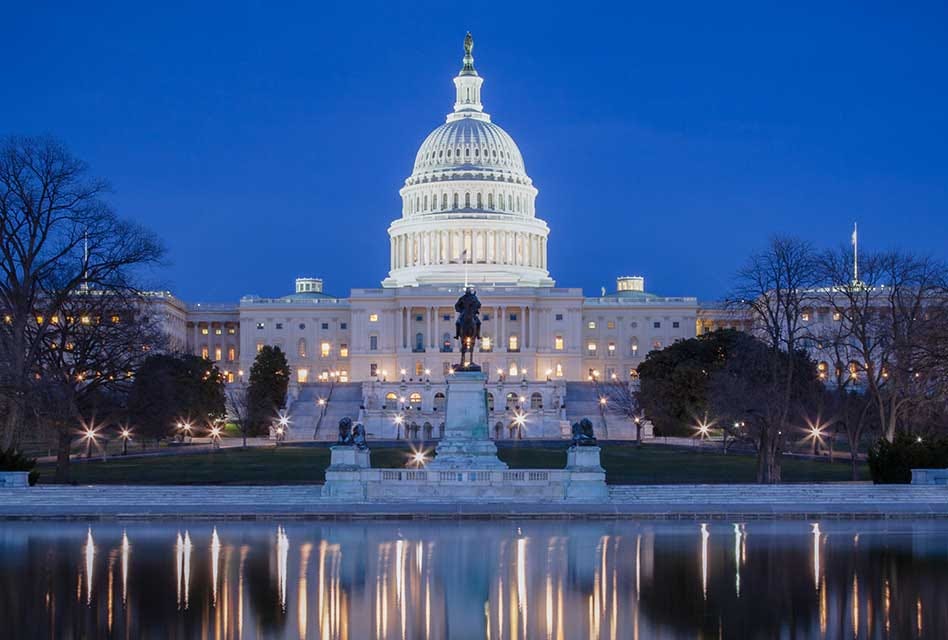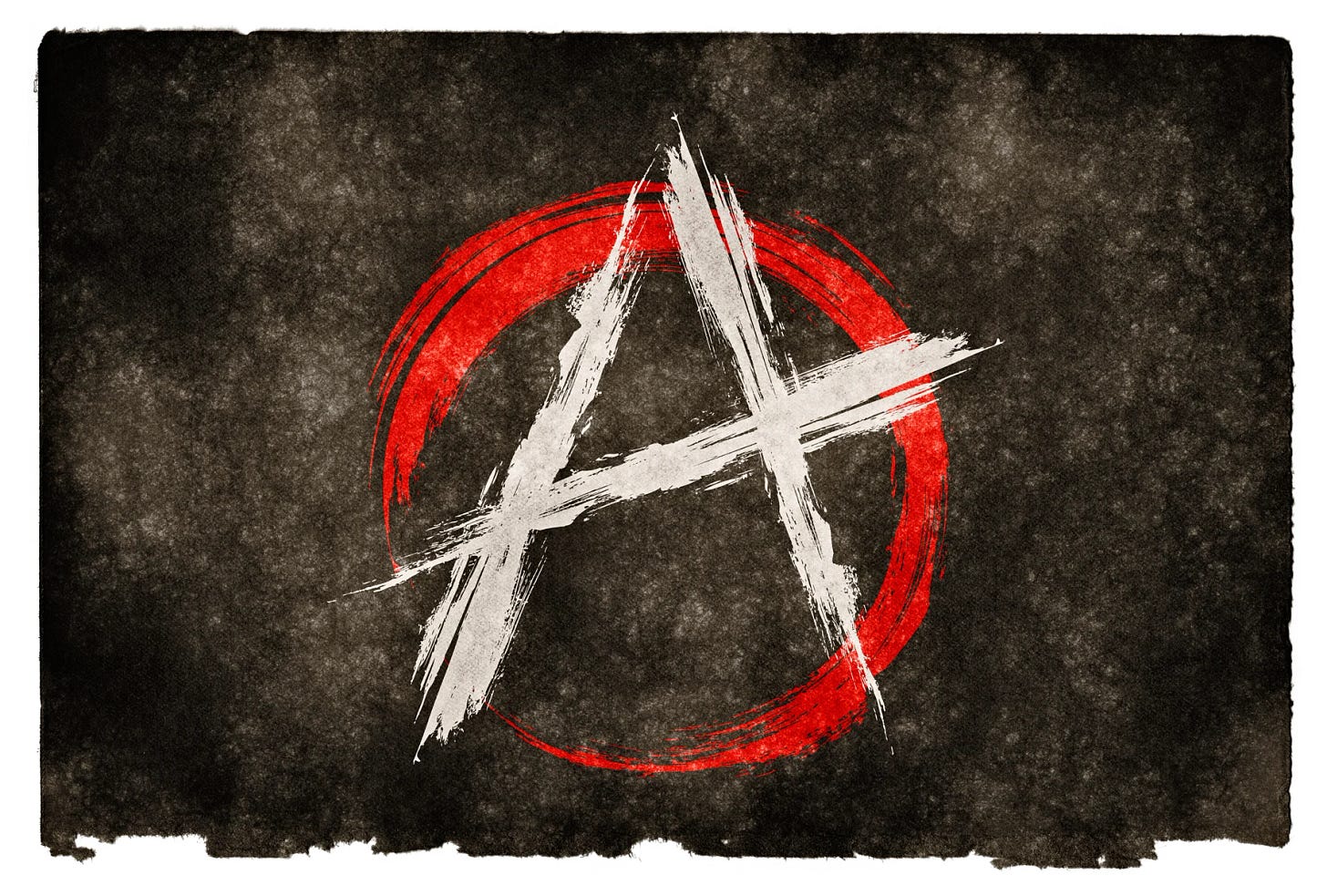The State
Here, I summarize what people have said about the state and why most of it is dumb and wrong. This is like a summary of a summary of my views on authority.
[ * Based on: “The State” in Central Issues of Philosophy, ed. John Shand (Wiley-Blackwell, 2009), pp. 257-74. ]
I. The Problem of Authority
The foundational problem of political philosophy is: What is the basis for political authority? This question has two parts:
What entitles the state to forcibly impose laws on the rest of us and force us to pay for their services? This is the problem of political legitimacy.
Why should we obey the state? This is the problem of political obligation.
These questions pose a problem because much of what the state does would be deemed horribly immoral if done by anyone else. E.g., if anyone else decides to “tax” people, we call that theft; if anyone else decides to “ go to war”, we call that mass murder; etc. We deem these actions acceptable for the state because the state “has authority”. But why does it have authority?
II. The Utilitarian Account
Basic Idea
The state produces large goods (maintaining social order), which it could not provide if it didn’t forcibly impose laws on the rest of us, and if we didn’t generally obey those laws.
Problem
Notice that this doesn’t explain why it’s legitimate to make all sorts of laws that are not in fact necessary for maintaining social order. Which would be almost all actual laws (minimum wage laws, drug laws, wealth redistribution programs, basically all regulations, etc.).
Anyway, there are millions of law-violations every year, and social order hasn’t collapsed. If I personally commit one more law-violation, social order still will not collapse. It won’t cause everyone else to suddenly start breaking all laws. So there’s really no good consequentialist argument here.
What if Everyone Did That?
Some people think that it’s wrong to do x if it would be very bad if everyone did x. If everyone broke laws all the time (or perhaps: whenever they wanted to), then social order would collapse. Therefore, it’s wrong to break laws.
But the moral principle there is obviously not true in general. For instance, it would be disastrous if everyone became a full-time philosopher, yet it is not wrong for me to be a full-time philosopher.
Why is it okay for me to be a philosopher? Perhaps because I know that in fact, there are already enough other people doing other jobs that society will get along fine with me being a philosopher.
But then, one could equally well say that I know that in fact, there are already enough people obeying enough laws that society will be fine if I violate a few laws; therefore, it should be fine for me to break a few laws.
III. Fairness
Basic Idea
Maybe the reason you should obey the law is that, if you disobey whenever you feel like it, this will be unfair to all the other citizens who are obeying. It is unfair because those people are undertaking a cost (giving up some of their liberty) in order to provide a good (social order), which you too are benefitting from, yet you would be refusing to do your share of bearing this cost.
Problems
First, other people can’t impose obligations on you so easily. If other people want to start a scheme to provide some good, and it requires your cooperation, they need to first check on whether you are willing to perform the part they have in mind for you. They need to do that even if you’re going to receive some of the good. They can’t just decide to give you the good and then demand that you participate. In the case of the state, I would bet that no one consulted you before setting it up.
Second, notice again that this theory doesn’t account for all the laws that aren’t needed to provide social order. Why would the state be entitled to make such laws, and why would we have to obey them?
IV. The Social Contract
Basic Idea
Here’s the most ridiculous theory: The government has authority because we all voluntarily agreed to give it authority. We consented to its imposing laws on us, and we promised to obey them, in return for the state’s protection.
Problem
Oh, wait. No we didn’t. None of that ever in fact happened in the real world. What actually happened was that you were born in a place that already had a government, which imposed its laws on you by force, and no one ever asked you if you consented, nor does anyone care if you say you don’t.
The Implicit Consent Theory
No, no, you really did agree! You just didn’t notice it because it was “implicit” (communicated through your behavior) rather than actually stated in words.
How did you do this? Well, maybe you did it by just living in your house, in a region that is controlled by a particular state. If you want to not have a government you can simply communicate this by leaving your own property, and indeed leaving the entire country. Perhaps some other country will then take you in … though this is far from a given, since every country has immigration restrictions.
What do you do if another country’s government won’t allow you in? Or if you want to have no government at all? In that case, simply move to Antarctica, the only land mass on Earth not currently controlled by government. If you do that, we’ll recognize your dissent from the social contract.
Oh, you’re not moving to Antarctica? Well, then clearly you’ve agreed to obey all the commands of the government that currently controls the region you are in.
Problem
The above is one of the most ridiculous claims ever advanced in political philosophy (which is really saying something). It makes as much sense as my claim that you have promised to pay me $100 a month, merely by living in your house. If you don’t agree to pay me, kindly signal this by moving to Antarctica.
Obviously, I don’t have the right to demand that other people leave their own property if they don’t want to pay me $100 a month. Similarly, the state has no right to demand that everyone leave their own property if they don’t want to obey all the state’s commands. Or at least, no one has explained any reason why they would have such a right.
Explicit Dissent
Anyway, any theory of implicit consent is rebutted by the simple fact that you can explicitly state that you don’t agree to have a government, and (as everyone knows) the government will still continue to impose exactly the same laws on you as before. So no, it’s not voluntary. It’s about as unlike a contract as it could possibly be.
(There’s a lot more to say about the contract theory and the other ridiculous things people say, but let’s leave it at that for brevity. Those are the most salient points.)
V. Anarchism
So why does the state have authority? The simplest answer: It doesn’t. That’s all just a giant illusion that people are under. Government officials are just people like the rest of us, with no more right to command us than anyone else. State’s don’t have authority (the right to impose their will on us); they merely have power (the physical ability to impose their will).
Philosophical Anarchism
What people in political philosophy call “philosophical anarchism” is the view that no state has genuine authority. I.e., governments don’t have special rights to do stuff that no one else has the right to do, merely because they are the government, nor do we have special obligations to obey them just because they’re the government.
This is compatible with the idea that governments are needed to provide social order. Most “philosophical anarchists” agree that it’s a good thing that we have governments, even though they don’t really have the authority they pretend to have. Perhaps it’s even a good thing that people falsely think the government has authority.
Philosophical anarchism may still have implications for policy, though. If you’re a philosophical anarchist, you should probably hold that the government ought to greatly reduce its coercive activities (which are almost all of its activities)—probably down to the minimum needed to protect people’s rights and maintain basic social order.
Political Anarchism
What philosophers call “political anarchism” is the view that the ideal society would be one with no government.
(This terminology is highly misleading, since it suggests that “philosophical anarchism” names a philosophical but not political doctrine, whereas “political anarchism” names a political but not philosophical doctrine. Actually, both theses are philosophical, and both are also political.)
Historically, most anarchists were socialists. However, the capitalist version of anarchism (anarcho-capitalism) is better and more worked out. Under anarcho-capitalism, the necessary functions of the state (protection of people’s rights and resolution of disputes) would be privatized. So instead of a single police force, there would be multiple competing security agencies, which individuals or homeowners’ associations could choose among.
Instead of a single court system, there would be multiple competing arbitrators for resolving disputes, which disputants could choose among. In case of a dispute between individuals with different security agencies, the two agencies would choose one of these arbitrators to determine the best resolution of the dispute.
So there would still be people providing government-like services. Why does this not count as another kind of “government”? The semantic question about the meaning of “government” doesn’t matter. But there are two important differences between an-cap and traditional government:
Coerciveness vs. voluntariness: Traditional government services are imposed on you by the government whether you want them or not. In an-cap, you can choose to purchase protective services, or not as the case may be.
Monopoly vs. competition: A “government” is traditionally a monopolistic provider. In an-cap, the same services are provided competitively.
Those differences are the main reasons why an-cap is better. For more, see my book: https://www.amazon.com/dp/1137281650/.




Is it possible that the An-Cap ideal of competing security agencies and courts could devolve into competing warlords? This seems to be the case in Somalia and most of Afghanistan. On an individual level, I might want to hire the security agency that would take my side, right or wrong.
The state “make[s] all sorts of laws that are not in fact necessary for maintaining social order.” But some of these laws may be necessary for achieving other objectives that are good enough to outweigh their negative consequences. Even if not, the conclusion is that one has no obligation to obey *some* of the state’s laws, not that the state is totally illegitimate. The “millions of law-violations every year” that have been occurring have not completely undermined social order, but many of them may have weakened social order enough to make them wrong. (Perhaps few laws are strictly *necessary* for maintaining social order, but a law’s *positively contributing* to maintaining social order will be enough to legitimize it, unless it has some very bad side-effects. Social order/disorder is not white/black, but a matter of degree.)